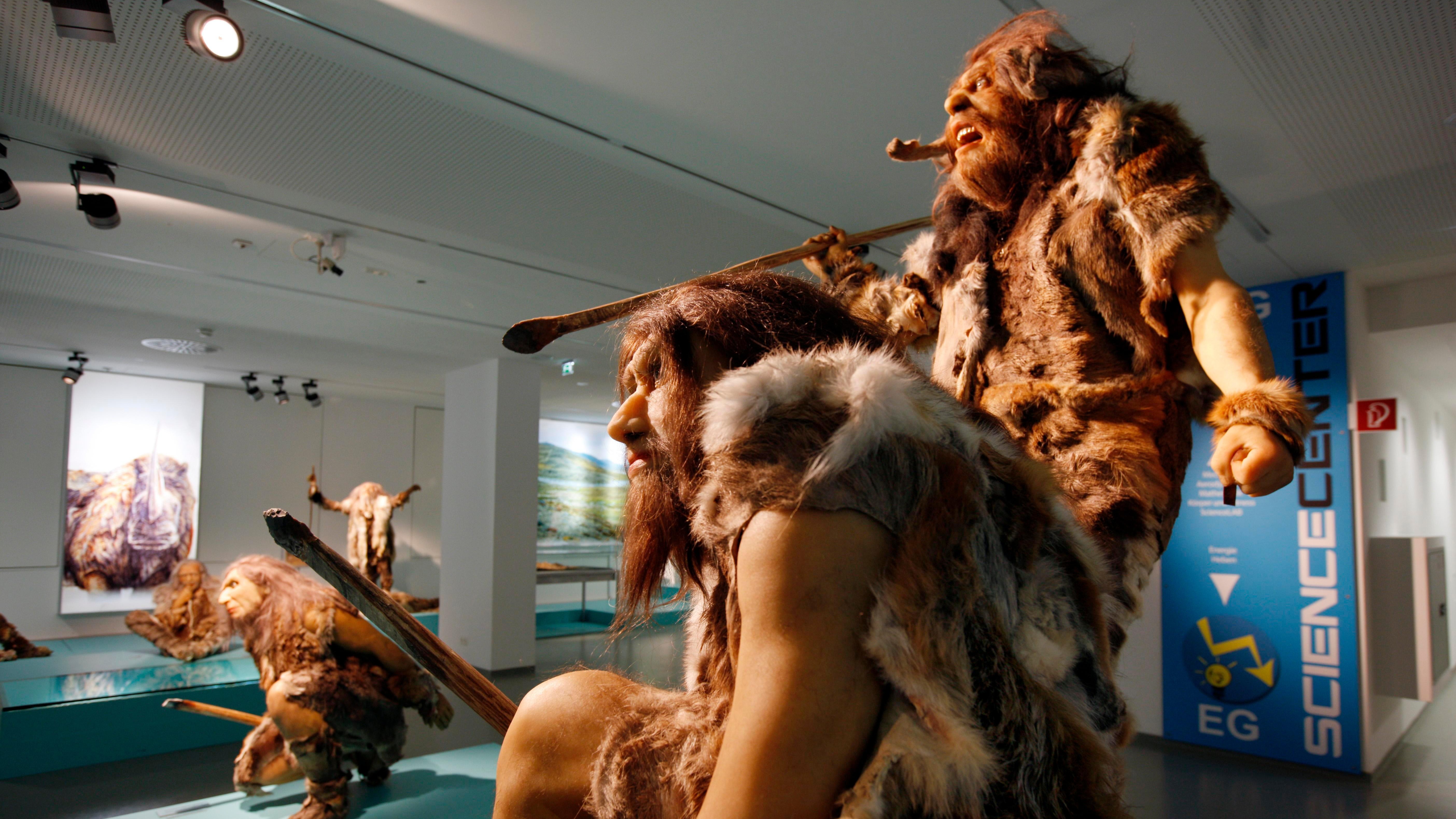Unveiling a Neanderthal Culinary Secret
A recent discovery in Germany has revealed a remarkable 125,000-year-old fat factory that Neanderthals operated. Archaeologists analyzed ancient animal bones and concluded that these early humans extracted valuable grease from the bones. This finding provides a fascinating insight into the dietary practices of Neanderthals, suggesting they utilized animal resources far more cleverly than previously thought.

The significance of this discovery cannot be overstated. It highlights the resourcefulness of Neanderthals and their ability to adapt to their environment. By processing animal bones for fat, they ensured a rich source of energy during challenging times. This method of food preparation reflects a sophisticated understanding of their surroundings and a need for sustenance that was crucial for survival.
Implications for Understanding Human Evolution
This finding not only enhances our knowledge of Neanderthal life but also challenges existing perceptions of their capabilities. The existence of a fat factory indicates that Neanderthals were not merely primitive beings but rather skilled in extracting and utilizing resources effectively. As researchers continue to study these ancient sites, they uncover more about the complex lives of our early ancestors.
















